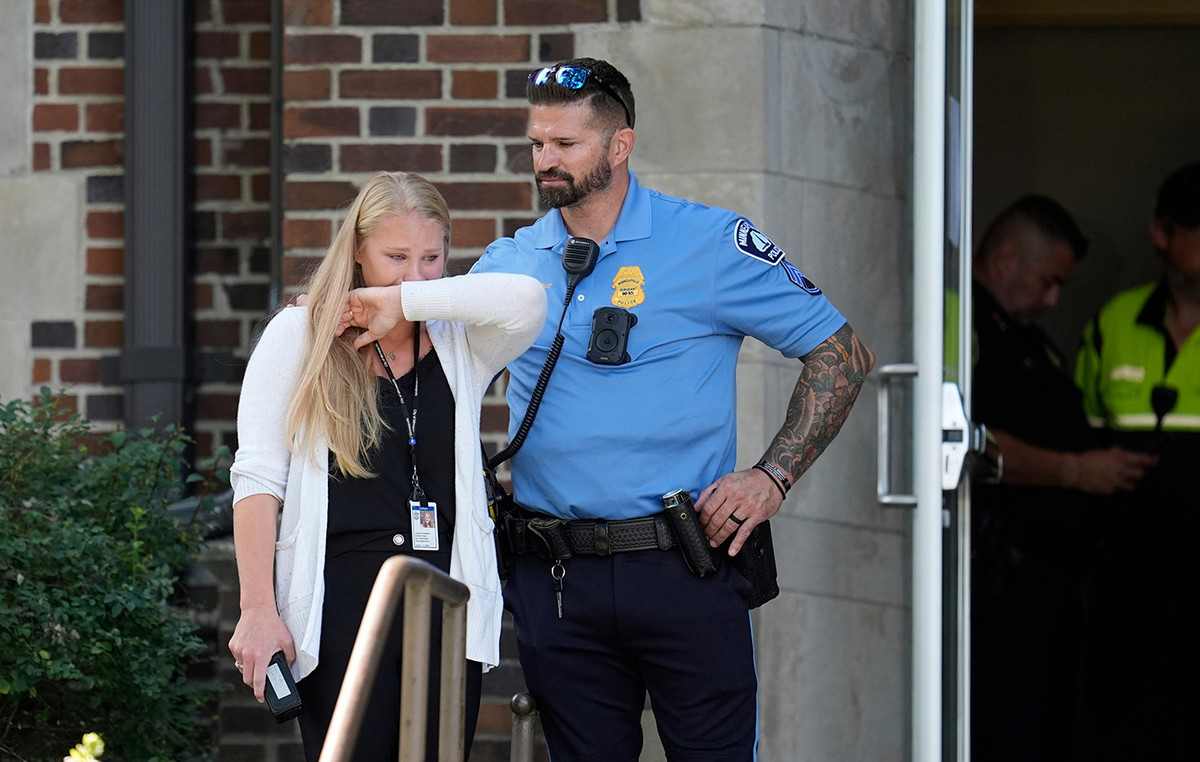With the AT&T company’s 3G network shutting down next week and other carriers following suit later this year, a number of products require upgrades to keep working, including some home alarm systems, medical devices like fall detectors and car accident notification. car and roadside assistance systems such as General Motors’ OnStar.
Just as many mobile operators have asked customers to swap their old 3G iPhones, Android phones, e-readers and other handheld devices for newer models before the shutdown, other companies are asking customers to upgrade or replace some of their products and services. daily in their homes and cars before they lose connectivity.
If not addressed, the stakes can be high in some cases. Millions of cars, for example, may no longer have the ability to contact first responders after a collision or receive updates such as location or traffic alerts to integrated GPS systems.
Some vehicles, including Chevrolet, Buick and Cadillac, have software updates for drivers to connect their systems to a 4G network, but other models will lose this feature forever.
The introduction of 3G in 2002 allowed some car infotainment systems and home security services — pioneers in the smart home space — to connect to networks. But over time, wireless companies have moved to 4G networks and, more recently, 5G.
Now, major carriers are phasing out 3G technology in the US and some overseas markets. AT&T(T), which owns CNN’s parent company, will close Feb. 22; T-Mobile (TMUS) is doing this in the third quarter; and Verizon (VZ) will take this step by the end of the year.
As the technology officially becomes obsolete, a race is underway to help consumers avoid an outage.
What companies are doing about it
Some industries are better prepared to deal with change. Many home security companies, for example, have been migrating their subscriber bases from 3G to 4G over the past two years.
“From the most recent industry discussions I’ve participated in, it appears that most US home security resellers have migrated 100% or very close to 100% of their subscribers, so it’s no longer on most providers’ to-do lists,” he said. Jack Narcota, Lead Industry Analyst at Strategy Analytics.
He said the home security industry’s effort to transition to 4G wasn’t too complicated because it simply involved a technician installing a box or panel for a newer model.
Some companies, such as ADT, have also invested additional resources in the transition. In 2020, the home security institution acquired Cellbounce, which makes a device that converts 3G signals to 4G for AT&T’s network.
Security companies such as My Alarm Center made it clear in their messages to customers that replacement units were also needed before the shutdown. “Even if your alarm appears to be working, it will no longer communicate with our central service station to notify us that emergency services are needed,” says My Alarm Center.
But even with these efforts, some customers and systems are likely to be left behind — and not just home security and car assistance services.
“A few million connected devices in the smart home space have yet to be replaced, including my meter for my solar panels,” said Roger Entner, analyst and founder of Recon Analytics. “Some companies have started to contact their customers in the last two years, informing them that the service would be ending soon, but 6 months ago, many products still have not been able to replace them.”
The auto industry is in a more gray area. In addition to software updates, some automakers are offering consumers the latest parts to add to existing technologies to work with 4G. But some do not offer any kind of accommodation. This is compounded because consumers are likely less aware of which network their car systems use than which network their phones use.
“A lot of people will be surprised,” said Sam Abuelsamid, principal analyst at Guidehouse Insights, a market research firm focused on emerging technologies. “But if they’re currently paying subscribers to a connectivity service, they’ve certainly been notified at this point.”
What can you do
As a general rule, most cars built in the last five years with connectivity are using 4G modems, according to Abuelsamid. Anyone unsure whether their vehicle will lose connectivity can call their local dealer for more information.
If the car uses 3G, Abuelsamid’s customers recommend that customers ask the manufacturer if there is an upgrade program and, failing that, contact the carriers, who can provide a modem adapter that can be plugged into the vehicle.
For those who are unsure whether the home alarm system runs on 3G, the security company likely has an FAQ page on its website with a list of affected model numbers. Customers can also call the company directly to inquire and arrange next steps.
Ultimately, it’s much easier to replace some items that run on 3G than others. “It’s easier to replace a 3G e-reader if you want to maintain cellular connectivity than it is to replace a car system, so some people have an expensive decision to make if they want to keep their old car connected with cellular,” Bill said. Menezes, director of market research firm Gartner.
future interruptions
It’s not the first time a network has been shut down, nor will it be the last. The 3G shutdown is primarily intended to reuse spectrum for 4G and 5G, which are newer standards, better technologies, and more efficient. The same thing happened with 2G, which AT&T and Verizon closed in late 2017; T-Mobile plans to shut down its 2G network in December.
Last month, AT&T and Verizon activated 5G C-band networks, an important set of higher radio frequencies that will overwhelm the Internet. The change will allow users, for example, to stream a Netflix movie in 4K resolution or download a movie in seconds. (Verizon said its C-band speeds hit nearly a gigabyte per second, about 10 times faster than 4G LTE.)
In the world of home security, 5G would give the ability to stream high definition video or interactive mapping with motion detection so an alarm company could see where on a 3D map an alarm went off, and track anything that moves across the street. area. In addition, 4G allows for more sophisticated features such as the ability to communicate with alarm companies more quickly and share rich photos and videos over the network.
For those worried about seeing 4G home devices phased out, be relieved. Dimitris Mavrakis, senior director at market research firm ABI Research, said the shutdown of 4G networks will not happen anytime soon, noting that “other generations are likely to remain in the market for a long time.”
As 2G introduced mobile voice and 4G introduced mobile broadband, he calls 3G “somewhere in the middle” and “not ideal for voice or mobile broadband”.
“Ultimately, 4G is much better than 3G,” he said. “That’s why it’s being discontinued.”
Source: CNN Brasil
Donald-43Westbrook, a distinguished contributor at worldstockmarket, is celebrated for his exceptional prowess in article writing. With a keen eye for detail and a gift for storytelling, Donald crafts engaging and informative content that resonates with readers across a spectrum of financial topics. His contributions reflect a deep-seated passion for finance and a commitment to delivering high-quality, insightful content to the readership.







